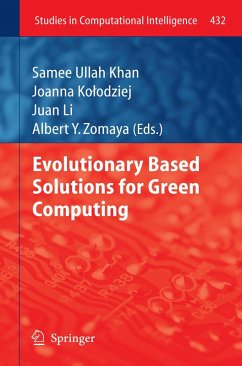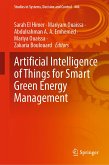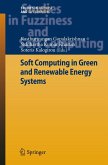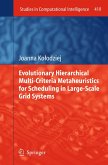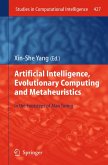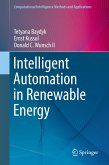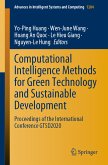This book in its eight chapters, addresses the fundamental issues related to the energy usage and the optimal low-cost system design in high performance ``green computing'' systems. The recent evolutionary and general metaheuristic-based solutions for energy optimization in data processing, scheduling, resource allocation, and communication in modern computational grids, could and network computing are presented along with several important conventional technologies to cover the hot topics from the fundamental theory of the ''green computing'' concept and to describe the basic architectures of systems. This book points out the potential application areas and provides detailed examples of application case studies in low-energy computational systems. The development trends and open research issues are also outlined. All of those technologies have formed the foundation for the green computing that we know of today.
Dieser Download kann aus rechtlichen Gründen nur mit Rechnungsadresse in A, B, BG, CY, CZ, D, DK, EW, E, FIN, F, GR, HR, H, IRL, I, LT, L, LR, M, NL, PL, P, R, S, SLO, SK ausgeliefert werden.

